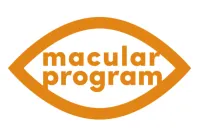
Prevent, Stabilize, Reverse Macular Degeneration
Welcome to the Macular Program
The Macular Program is specifically tailored for individuals affected by macular degeneration. This condition can stem from various factors, including hormonal decline, oxidative stress, inflammation, and general disruptions in the body's chemical processes. The goal of our program is to rejuvenate the cells in the macula to improve their function and halt further deterioration.
Our approach is centered on a personalized, multi-modal strategy that factors in your medical history and biochemical profile derived from comprehensive laboratory assessments. Your individualized care plan will feature specific nutraceuticals and, where necessary, bio-identical hormones. These interventions are designed to optimize your cellular health and reinvigorate the functionality of your genes.
To halt the progression of macular degeneration most effectively, it's crucial to initiate treatment as soon as possible, before macula damage becomes permanent. Once the damage is irreversible, our options are limited to stabilizing the condition. However, early intervention can potentially reverse vision loss.
The Macular Program is specifically tailored for individuals affected by macular degeneration. This condition can stem from various factors, including hormonal decline, oxidative stress, inflammation, and general disruptions in the body's chemical processes. The goal of our program is to rejuvenate the cells in the macula to improve their function and halt further deterioration.
Our approach includes a targeted mix of hormonal treatments, carefully chosen nutraceuticals, and personalized nutritional guidance derived from individual lab tests. We aim to reactivate genes that have become inactive as a result of aging. Our studies indicate that this method can not only stabilize but potentially enhance vision in nearly half of the participants suffering from macular degeneration. Additionally, it could decrease the frequency of eye injections and reduce the chances of the condition worsening from the dry type to the more severe wet type.
We highly advocate for patients to undertake this program, which is grounded in scientific research, as soon as possible. Early participation can significantly diminish the likelihood of the disease advancing to an irreversible stage.
Welcome to the Macular Program
We highly recommend patients to become part of this research-backed program as soon as possible. Participating early can substantially mitigate the risk of the disease becoming irreversible.
To discover how this may benefit you, click the button 👇 below to Speak to a Specialist.
After viewing the video, click the button 👇 to “Book a Call” or Speak to an Advisor.

Prevent, Stabilize, Reverse Macular Degeneration
⬇️ Watch The Educational Video And Book Your Free Consultation ⬇️
Welcome to the Macular Program
The Macular Program is specifically tailored for individuals affected by macular degeneration. This condition can stem from various factors, including hormonal decline, oxidative stress, inflammation, and general disruptions in the body's chemical processes. The goal of our program is to rejuvenate the cells in the macula to improve their function and halt further deterioration.
Our approach is centered on a personalized, multi-modal strategy that factors in your medical history and biochemical profile derived from comprehensive laboratory assessments. Your individualized care plan will feature specific nutraceuticals and, where necessary, bio-identical hormones. These interventions are designed to optimize your cellular health and reinvigorate the functionality of your genes.
To halt the progression of macular degeneration most effectively, it's crucial to initiate treatment as soon as possible, before macula damage becomes permanent. Once the damage is irreversible, our options are limited to stabilizing the condition. However, early intervention can potentially reverse vision loss.
We highly recommend patients to become part of this research-backed program as soon as possible. Participating early can substantially mitigate the risk of the disease becoming irreversible.
To discover how this may benefit you, click the button 👇 below to Speak to a Specialist.

Symptoms of the disease
Difficulty seeing in dim light.
Slowly progressive blurred vision not improved with glasses.
Distorted Vision: Straight lines might appear wavy or curved, which is a sign of wet macular degeneration.
Spots: There may be dark blind spots in the center of vision which may be transitory.

Macular Degeneration symptoms usually develop gradually and without pain. Over time, as the condition worsens, symptoms become more pronounced and can significantly affect daily activities like reading, driving and recognizing faces.
Symptoms of the disease

Difficulty seeing in dim light..
Slowly progressive blurred vision not improved with glasses.
Distorted Vision: Straight lines might appear wavy or curved, which is a sign of wet macular degeneration.
Spots: There may be dark blind spots in the center of vision which may be transitory
Macular Degeneration symptoms usually develop gradually and without pain. Over time, as the condition worsens, symptoms become more pronounced and can significantly affect daily activities like reading, driving and recognizing faces.

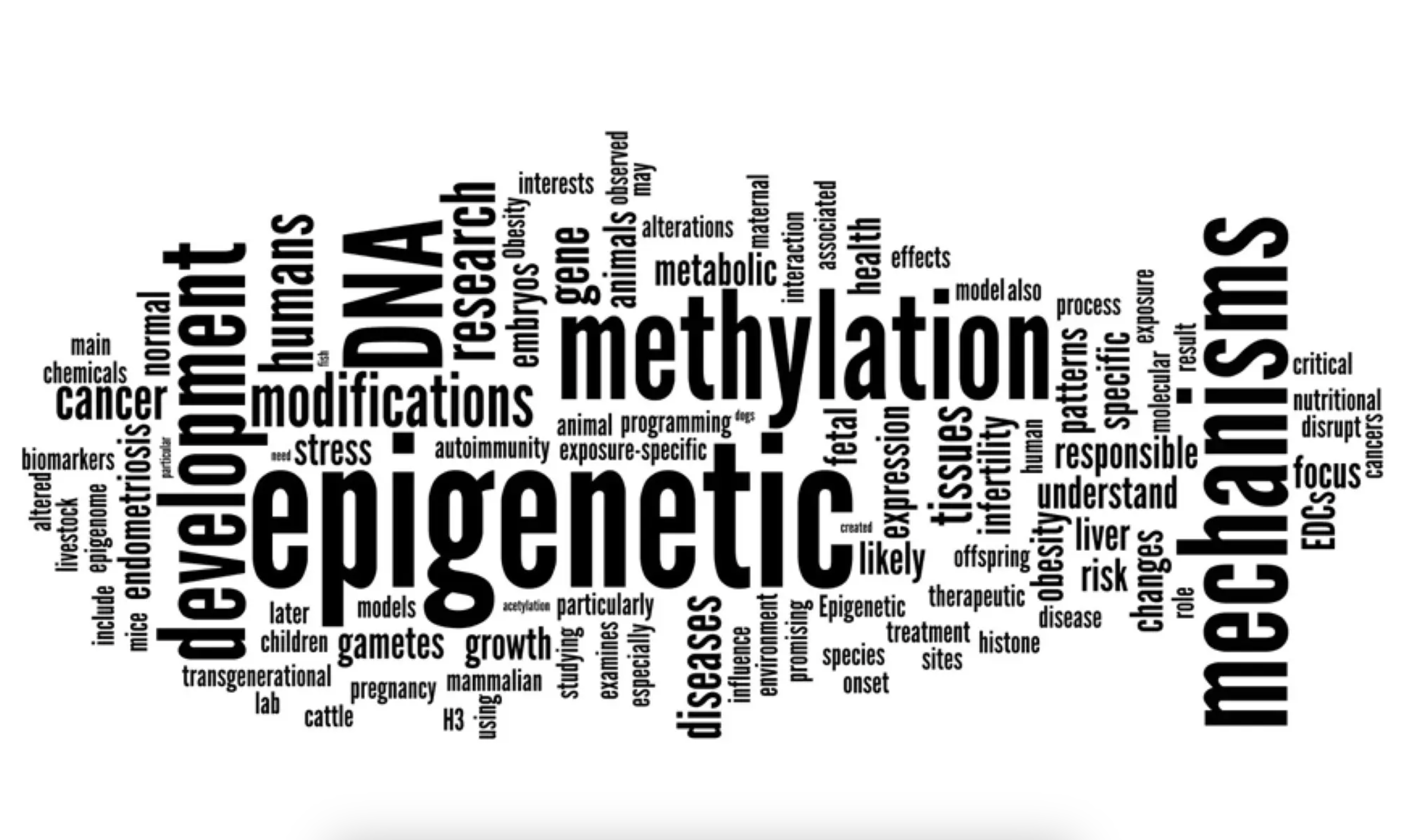
Our Methodology
Our team of medical experts develop custom-tailored care plans involving nutrition, nutraceuticals and hormones to optimize cellular biochemistry. These care plans are based on history and blood testing and enhance eye and overall health and well being. The goal is to restore optimal cellular function to stop or reverse the “degeneration” of cells.
Introducing the HOMING Method to Combat
Macular Degeneration

Our Methodology

Our team of medical experts develop custom-tailored care plans involving nutrition, nutraceuticals and hormones to optimize cellular biochemistry. These care plans are based on history and blood testing and enhance eye and overall health and well being. The goal is to restore optimal cellular function to stop or reverse the “degeneration” of cells.
The HOMING Method
The HOMING Method
The HOMING Method guides the personalized care plan for Age-related Macular Degeneration (AMD).
HOMING is an acronym for Hormones, Oxidation, Methylation, Inflammation, Nutrition and Genetics. The goal is to improve cell biochemistry either directly or by epigenetic mechanisms, (reawakening dormant genes that down regulate with aging)
Literature Citation demonstrating stability and improvement of dry and wet AMD
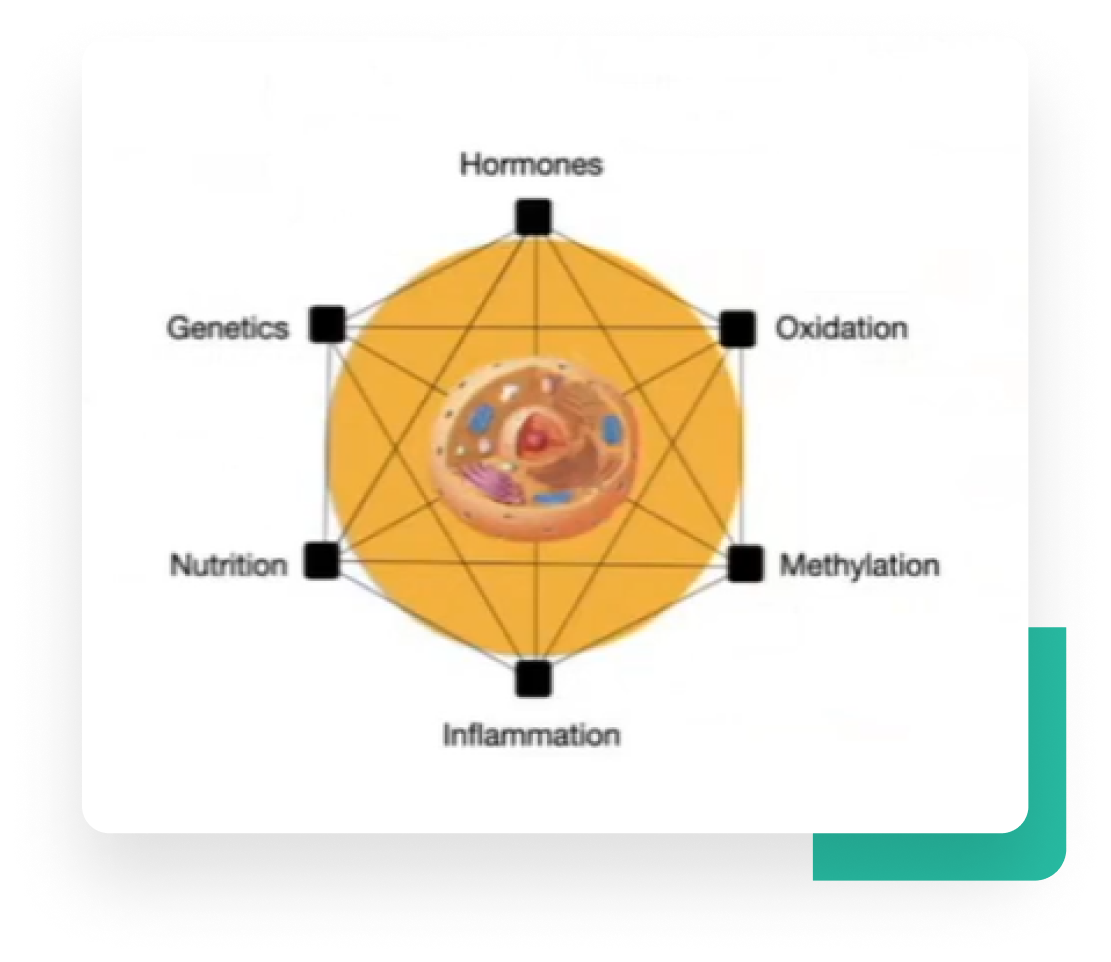
Let’s Talk about Your
Dry or Wet AMD Goals
Let’s Talk about Your
Dry or Wet AMD Goals
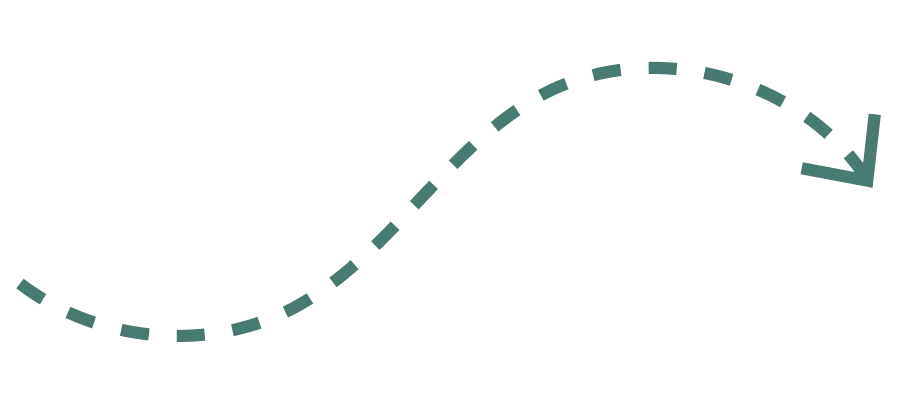
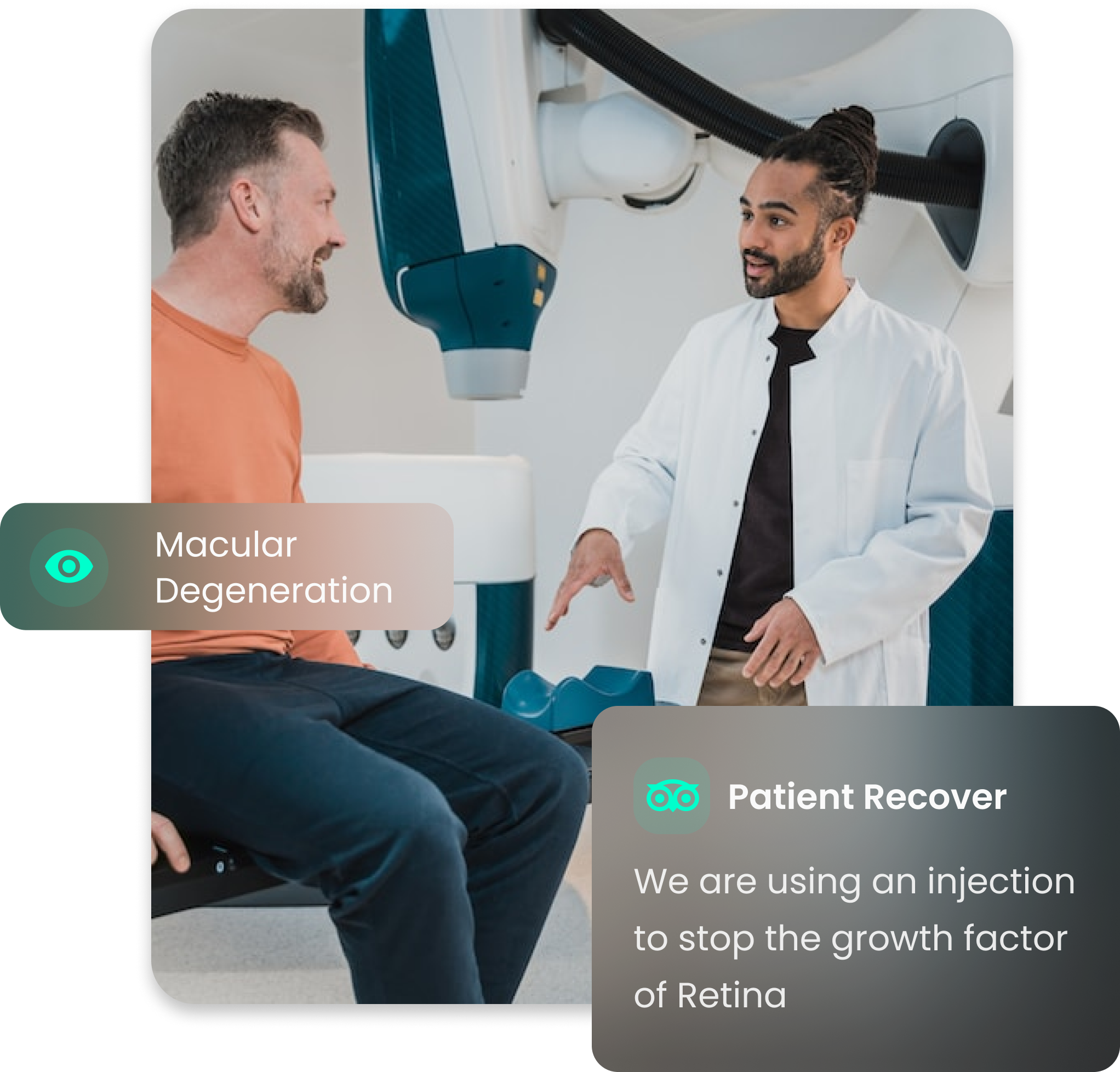
In 2020, we conducted a study with 365 dry or wet AMD patients. We found that stability or improvement was possible for dry or wet AMD.
48% of dry AMD improved.
60% of wet AMD improved.

In 2020, we conducted a study with 365 dry or wet AMD patients. We found that stability or improvement was possible for dry or wet AMD.
It won the Advancements in Health Care Award.
Had it not been for our success in many patients we may never have pursued macular degeneration.
We discuss the discovery process in our presentations.
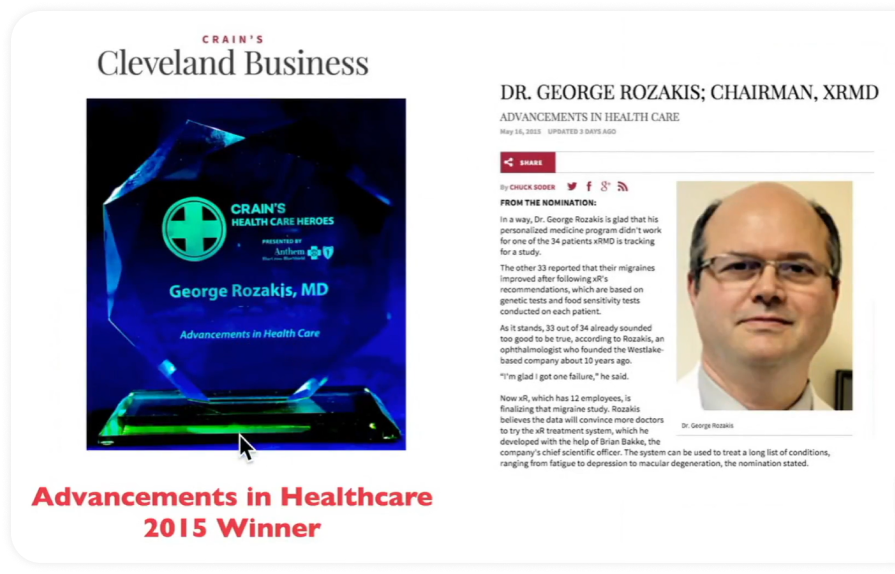
The HOMING method has been a success in many clinical conditions indicating that addresses root causes of disease.
It won the Advancements in Health Care Award.
Had it not been for our success in many patients we may never have pursued macular degeneration.
We discuss the discovery process in our presentations.

Who will be eligible for
the Program

Prevent AMD
Failures of Dark Adaptation Testing
Drusen
Dry AMD with Vision Loss
Reducing conversion of Dry to Wet AMD
Wet AMD
Diabetic Retinopathy
Vein Occlusions
Preparing for Cataract Surgery in Eyes with AMD
Glaucoma
Retinitis Pigmentosa

Macular hole
Artery Occlusion
Macular Pucker (Epiretinal Membrane)
Floaters
Retinal Detachment
Irreversible Advance Macular Degeneration

Who will be eligible for
the Program

Prevent AMD
Failures of Dark Adaptation Testing
Drusen
Dry AMD with Vision Loss
Reducing conversion of Dry to Wet AMD
Wet AMD
Diabetic Retinopathy
Vein Occlusions
Preparing for Cataract Surgery in Eyes with AMD
Glaucoma
Retinitis Pigmentosa

Macular hole
Artery Occlusion
Macular Pucker (Epiretinal Membrane)
Floaters
Retinal Detachment
Irreversible Advance Macular Degeneration
The Experts behind the Program

George W. Rozakis MD
Board Certified Ophthalmology

Brian A. Bakke, Ph.D
Ph.D. in Biochemistry
The Experts behind the Program

George W. Rozakis, MD
Board Certified Ophthalmologist / Biomedical Engineer

Brian Bakke, Ph.D
PhD in Biochemistry

What our patients say

Calvin K.
I am extremely pleased with the program. My eyesight has improved, especially my long distance vision for driving. I am able to drive at night!

What our patients say

Calvin K.
I am extremely pleased with the program. My eyesight has improved, especially my long distance vision for driving. I am able to drive at night!

Macular Program Articles
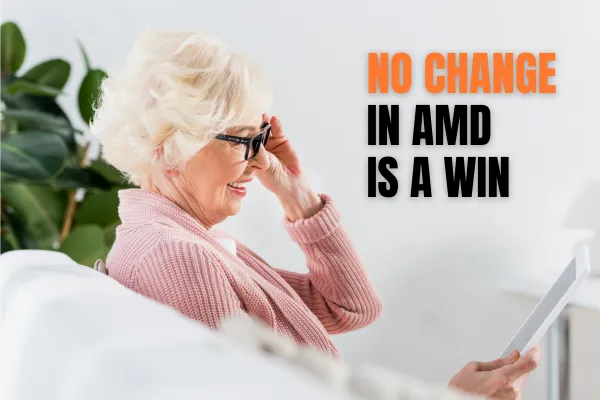
Discover how "No Change" in AMD is a win
In a world where medical advancements often bring hope of improvement or recovery, the concept of "no change" might seem underwhelming at first glance. Yet, for those battling age-related macular degeneration (AMD), stability is not just a win; it's a triumph against a relentless adversary. Gina's story exemplifies this battle, highlighting the critical role of the Macular Program in offering not just hope but tangible results to those facing the specter of vision loss.
Gina, a patient of the Macular Program, recently shared her experience: "I had my annual eye appointment at Duke Eye Clinic on March 19th. There was no change in my macula. This is the second year of no change, and I take that as a win!" In the realm of AMD, where progression is the enemy, Gina's testimony is a beacon of success. The Macular Program has stood by Gina, offering her a fortress against the advancement of AMD, marking the second consecutive year of her victory against the disease's progression.
Age-related macular degeneration is a formidable foe, characterized by the deterioration of the macula, the central part of the retina responsible for sharp, straight-ahead vision. As the disease progresses, it erodes the very essence of how we connect with the world visually, transforming vibrant clarity into a dim haze. It is a thief of life's details, making everyday tasks and the simple joy of seeing a loved one's face clearly, daunting challenges.
The Macular Program, however, offers a ray of hope amidst these challenges. Tailored to the individual, the program draws upon the latest research and advancements in nutrition, nutraceuticals, and hormone therapy to forge personalized care plans. These plans are not mere suggestions but lifelines for those like Gina, guiding them toward the possibility of stability and the hope of improvement.
Patients who commit to the macular program, embracing its recommendations with diligence, often report not just halted progression but notable improvements. Reduced reliance on eye injections, which are frequently a part of AMD management, is a common thread among these success stories. This reduction is not merely a convenience but a sign of genuine progress, a testament to the program's effectiveness in stabilizing and potentially reversing some of AMD's most daunting symptoms.
Gina's story, marked by her "win" of stability, is a powerful reminder of the Macular Program's potential. It's a narrative that speaks to the heart of anyone who fears what AMD might steal from them. But more than that, it's a call to action. It's a beckoning to those standing on the precipice of decision, wondering if there is truly hope in the face of this degenerative condition.
For those intrigued by Gina's journey and the countless others like her, the Macular Masterclass awaits. This masterclass is more than just an informational session; it's a gateway to understanding how you, too, can challenge the status quo of AMD progression. It's an opportunity to explore a path tread by those who have found in the Macular Program a beacon of stability and improvement in their fight against macular degeneration.
We invite you to watch the Macular Masterclass and book a call with us. Discover what you've been missing. Find out how stability can indeed be a victory in the battle against age-related macular degeneration. Like Gina, you too may celebrate the power of no change as a significant step towards maintaining your vision and, with it, your quality of life.
Patients FAQ'S
Got Questions? We’ve Got Answers.
How long does it take to see improvements with dry AMD?
Our study followed patients for 6 months. Those who improved did so generally between 2 and 6 months. Unpublished data is showing that these effects are not lost out to 2-3 years and additional improvement is possible with more time. Time and compliance with the program are the keys to continued success.
Do I need to continue to take the program to sustain the benefits?
Similar to exercise and dietary practices, the favorable changes in your blood chemistry can only be sustained as long as you are taking your program.
Do Blood Tests Improve?
Yes. Consistently adhering to our program has led to marked improvements for our patients. It is the combination of time and unwavering commitment to the program that paves the way for enduring success.
How do you decrease the frequency of injections for Wet AMD.
This decision is made by you retina doctor. However it is reasonable to ask to decrease the time between injection if the OCT scans show no remaining fluid because the HOMING Method, according to scientific literature, may decrease the creation of growth factors in the eye (for which you are receiving the injections).
Is this Anti-Aging Medicine?
The Macular Program is a form of anti-aging medicine since macular degeneration is actually called AGE RELATED macular degeneration. Fighting aging is fighting AMD. What is nice is that treating AMD with HOMING also benefits other aging symptoms which is why we want to know about your eye AND General Health.
What would slow improvement in Dry or Wet AMD?
Age-Related Macular Degeneration (AMD), whether dry or wet, is a complex condition influenced by numerous factors. Our HOMING method helps to prevent, stabilize and even reverse macular degeneration.
What about GA?
Geographic Atrophy is a special form of dry macular degeneration that is felt to be caused by inflammation. The HOMING method reduces inflammation. Our clinical suspicion is that GA does not worsen if a patient is on the HOMING Method. This is an important matter because new drugs now exist to fight inflammation in eyes with GA, but these drugs need to be injected into the eye. We hope the HOMING method will allow patients to avoid eye injections for GA. The smart move is to be on the HOMING method and have the GA closely followed for progression. If no progression, then you don’t need shots. It’s your call.


New breakthrough allows age-related macular degeneration patients to improve vision and prevent further loss.
MacularProgram© 2023 | All Rights Reserved

